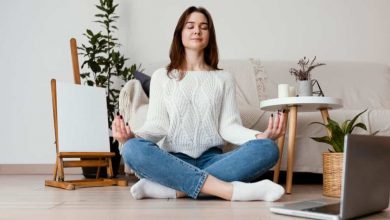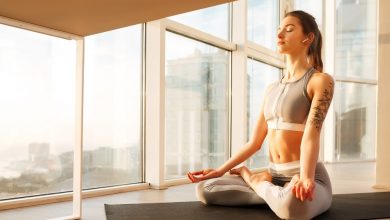How to do Meditation for Relaxation: A Beginner’s Guide in (2022)
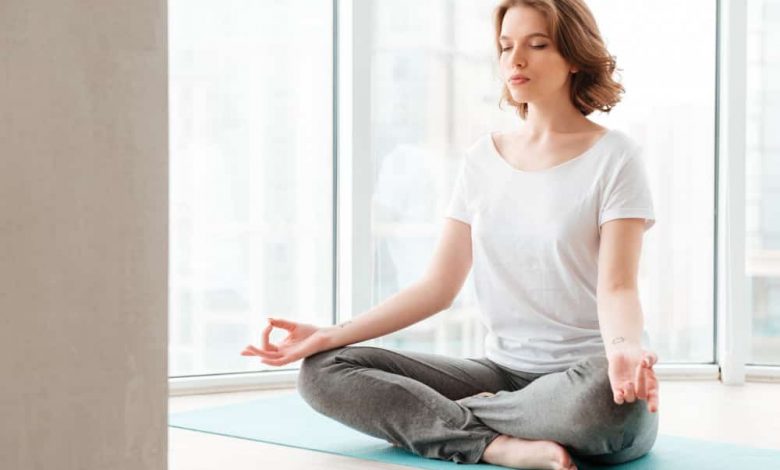
Are you looking for a way to relax and de-stress? Are you having trouble sleeping or focusing at work? If so, meditation may be the answer for you! Meditation is a practice that has been around for thousands of years, and it can help improve your mental and physical health. In addition, it can be helpful for people of all ages. In this guide, we will teach you how to Meditate for Relaxation. We will discuss the different types of meditation and some tips for getting started.
We will also cover some of the benefits of meditation. So if you are looking for a way to de-stress and improve your overall health, meditation may be right for you!
How to Meditate for Relaxation
There are many different ways to meditate for Relaxation. Below, we will discuss a few of the most popular techniques.
Meditation mantra for Relaxation:
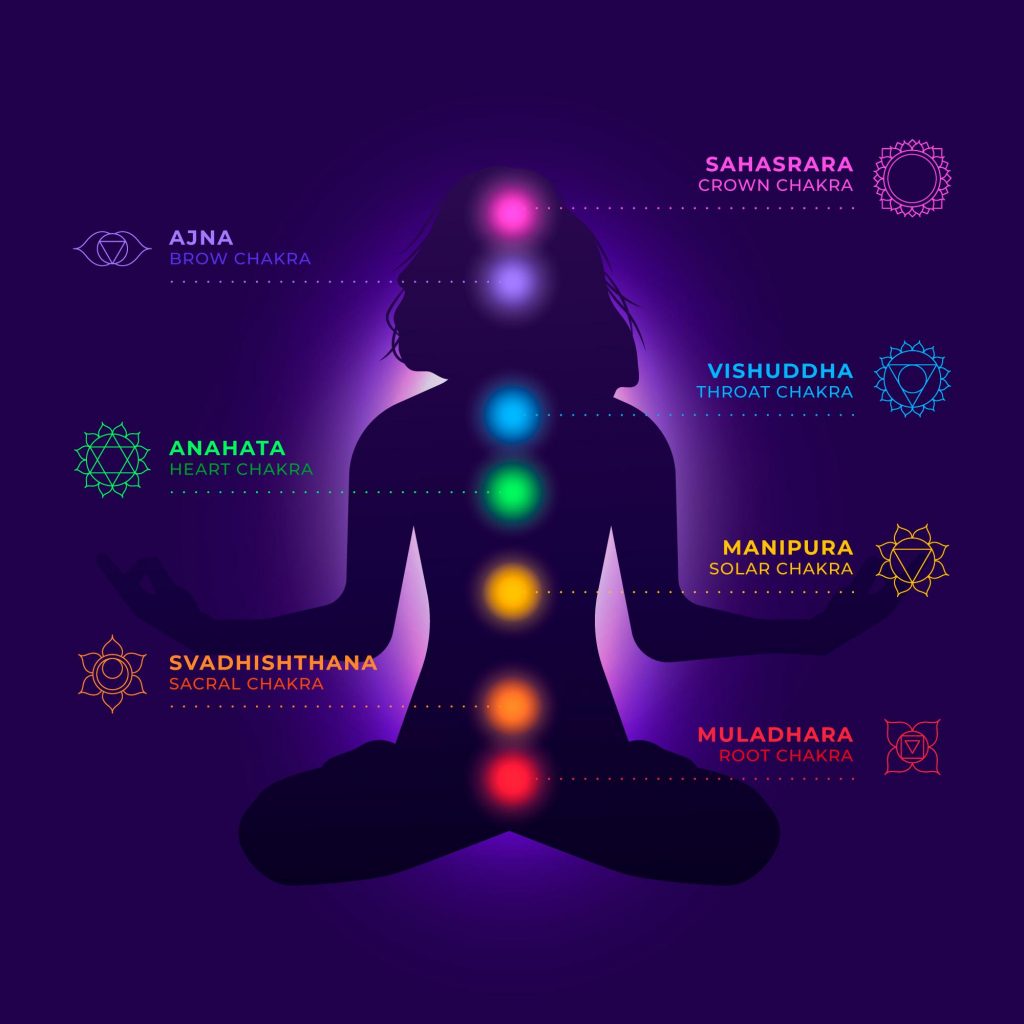
There are many different types of meditation, and each one can offer its unique benefits. However, one of the most popular forms of meditation is mantra meditation. Mantra meditation involves repeating a specific word or phrase repeatedly to achieve a state of Relaxation and focus.
If you’re new to mantra meditation for Relaxation, here is a beginner’s guide on how to do it:
- Find a comfortable place to sit or recline. You may want to close your eyes and relax your body as you begin.
- Take a few deep breaths and focus on settling into the present moment.
- When you’re ready, begin repeating your mantra softly and slowly.
- Allow yourself to focus on the sound and vibration of the mantra, and let all other thoughts dissipate.
- Stay in this state for as long as you like. Slowly open your eyes and take a few deep breaths before standing up when you’re finished.
Mantra meditation can be a great way to relax and focus the mind. Give it a try today and see how you feel!
Benefits of Mantra Meditation for Relaxation
- -Can help to quiet the mind and achieve a state of Relaxation
- -Can be used to focus on the present moment
- -It Can help to increase self-awareness
- -It Can promote feelings of peace and calmness
- -May improve sleep quality
If you’re looking for a way to relax and focus your mind, consider giving mantra meditation a try. It can be a great way to achieve peace and calmness.
Mindfulness meditation for Relaxation:
There are many different ways to do mindfulness meditation, but the most basic approach is to focus on your breath. Sitting comfortably with your eyes closed, notice the sensation of each inhale and exhale. If your mind starts to wander, gently guide it back to your breath
.
If you’re new to mindfulness meditation, it can be helpful to practice for a few minutes each day, and you can gradually increase the time as you get more comfortable with the practice. You may also want to explore other mindfulness methods, such as walking meditation or mindful eating.
Mindfulness meditation can be a great way to relax and de-stress, but it’s important to remember that it’s not a substitute for medical treatment. If you’re struggling with a mental health condition, please consult a healthcare professional.
Benefits of mindfulness meditation for Relaxation:
- -Can help to manage stress and anxiety
- -Can improve sleep quality
- -May reduce symptoms of depression
- -Can increase focus and attention span
- -May improve physical health, including reducing pain symptoms and improving immune function.
Mindfulness meditation for Relaxation is a great way to manage stress and promote overall wellness.
What is guided meditation?
Guided meditation is a mindfulness meditation that involves focusing on a specific object or sound while being guided by a teacher or recording. This type of meditation can be helpful for those who are new to mindfulness or who find it difficult to focus on their breath or thoughts. Guided meditation can also be used to promote Relaxation and reduce anxiety.
How can guided meditation help with anxiety?
Several ways guided meditation can help to reduce anxiety. First, focusing on a specific object or sound can distract you from your thoughts and help you relax. Second, the guidance of a teacher or recording can help you stay focused and in the present moment. This can help reduce anxiety, as anxious thoughts often occur when focusing on the past or future. Finally, guided meditation can help to increase feelings of self-compassion and self-awareness. This can be especially beneficial for those who struggle with anxiety, as it can help them understand better and accept their feelings.
How do I get started with guided meditation for Relaxation and anxiety?
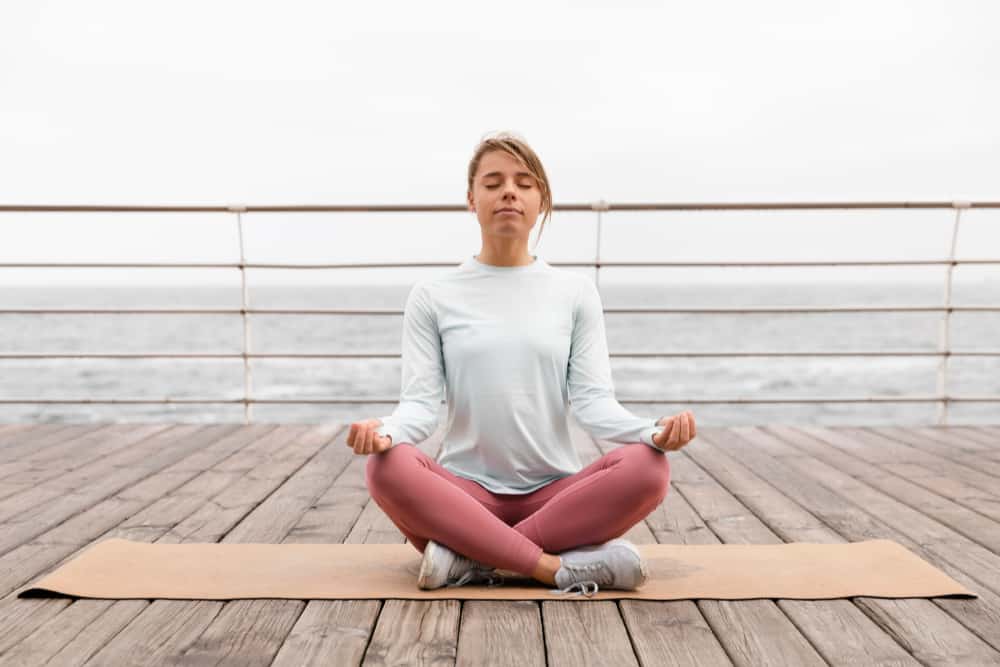
If you’re interested in trying guided meditation for Relaxation and anxiety, here is a how-to guide to help get you started:
- First, find a quiet place where you can relax without distractions. You may want to sit or recline in a comfortable position.
- Next, choose a guided meditation recording that appeals to you. There are many different guided meditations, so find one that resonates with you.
- Once you have found a recording, sit or recline in a comfortable position and close your eyes. Listen to the recording and follow along. If you find your mind wandering, bring your attention to the recording.
Also read this article, If you want to lose weight with meditation: 11 Steps for Meditation to Lose Weight, Benefits, Techniques
If you are struggling with anxiety, it may be helpful to practice guided meditation for a set amount of time each day. Try to gradually increase the amount of time you spend meditating each week.
Benefits of Guided Meditation for anxiety and Relaxation:
There are many benefits to using a guided meditation for anxiety and Relaxation. Some of the key benefits include:
-Relaxation: Guided meditation can help you to relax and de-stress. The focus on a specific object or sound can help distract you from your thoughts and promote feelings of calm and Relaxation.
-Anxiety relief: By focusing on the present moment, guided meditation can help to reduce anxiety. The guidance of a teacher or recording can also help you stay focused and at the moment, which can help reduce anxious thoughts.
-Self-compassion: Guided meditation can help increase feelings of self-compassion and self-awareness. This can be especially beneficial for those who struggle with anxiety, as it can help them understand better and accept their feelings.
-Focus: Guided meditation can help you focus and stay in the present moment. This can help reduce anxiety, as anxious thoughts often occur when focusing on the past or future.
-Self-awareness: Guided meditation can help you become more aware of your thoughts and feelings. This can be beneficial in helping you to understand and cope with anxiety.
If you’re interested in trying guided meditation for Relaxation and anxiety, there are many different recordings available online. Be sure to find a recording that appeals to you and feels comfortable following. If you’re struggling with anxiety, try practicing guided meditation for a set amount of time each day. Gradually increase the amount of time you spend meditating each week. Over time, you may find that guided meditation can be a helpful tool in managing your anxiety.
FAQs – Frequently Asked Questions
1. What is meditation?
Meditation is a practice that can be use for Relaxation, focus, and self-awareness. It can be done in any position, but many people choose to sit with their eyes close and focus on their breath.
2. What are the benefits of meditation?
Some benefits of meditation include Relaxation, decreased stress and anxiety, improved focus and concentration, and increased self-awareness.
Many other benefits can be mature through regular meditation practice, so it’s worth seeing if it works for you.
What is meditation for Relaxation?
Meditation for Relaxation is a form of mindfulness that is used to achieve a sense of calm and peace. It can be used to relieve stress and anxiety, as well as to promote general wellness.
How do I get to start with meditation for Relaxation?
The best way to start meditation for Relaxation is to find a comfortable place to sit or recline. You may want to practice in a quiet space where you will not be disturbed. Once you are settled, close your eyes and focus on your breath. Inhale and exhale slowly and deeply, allowing yourself to relax into the moment.
Can I listen to music while I meditate for Relaxation?
You can listen to music while you meditate for Relaxation, but it is not necessary. Some people find that listening to calming music can help them relax and focus, while others find that it distracts them from their meditation practice. Experiment with different types of music and see what works best for you.
What should I do if my mind starts to wander during meditation for Relaxation?
If your mind starts to wander during meditation, acknowledge the thought and let it go. Return your focus to your breath and continue breathing deeply. It is natural for the mind to wander occasionally, but you will be able to focus more quickly and for more extended periods with practice.
Can I practice meditation for Relaxation daily?
Yes, you can practice meditation for Relaxation daily. In fact, the more you practice, the more benefits you will likely experience. Try to find a time each day when you can sit quietly and focus on your breath. You may also want to include meditation as part of your routine before bedtime.
Are there any risks associated with meditation for Relaxation?
There are no known risks associated with meditation for Relaxation. However, if you are pregnant or suffer from a medical condition, it is always best to consult with your doctor before beginning any new mindfulness practice.


